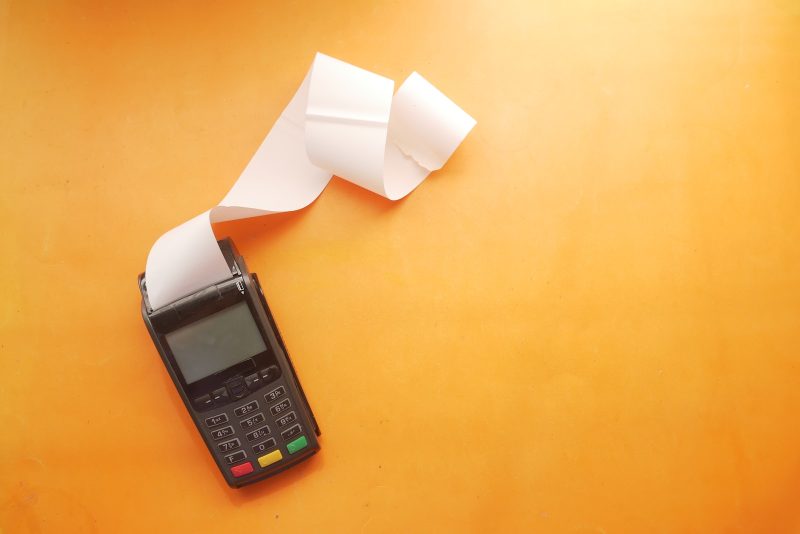Many landlords aren’t sure if they are required to provide security deposits receipts in this digital age of electronic financial transactions.
It all depends on many factors, as it does with other things related to rental properties.
All transactions should be recorded in writing.
When is the best time to give a landlord a receipt for security deposit?
Electronic payments are very popular for landlords who need to collect rent. Electronic payments generate electronic receipts for the sender and the recipient. This allows the landlord not to receive any receipts.
Few landlords now accept cash, money orders, and checks. Cash or money orders are not accepted by landlords anymore. They must provide receipts.
Landlords are open to accepting checks. The landlord can accept canceled checks as proof of receipt.
No matter how the landlord arranges for payment, there should always be a record of all transactions regardless of who generated them.
State law might require landlords to provide a receipt for the security deposit
Every landlord knows that the security deposit and rent are separate financial transactions. Each of these transactions is subject to the state laws. This includes how to deposit the amount. This should be done separately so that you have a bank account record.
Some states, like Illinois and Massachusetts, require that the landlord keep the security deposit in an interest bearing bank account and provide the receipt to the tenant. Some states, like Ohio and Texas, have no separate account laws.
Every landlord should be aware of the laws in their state regarding security deposits and receipts.









